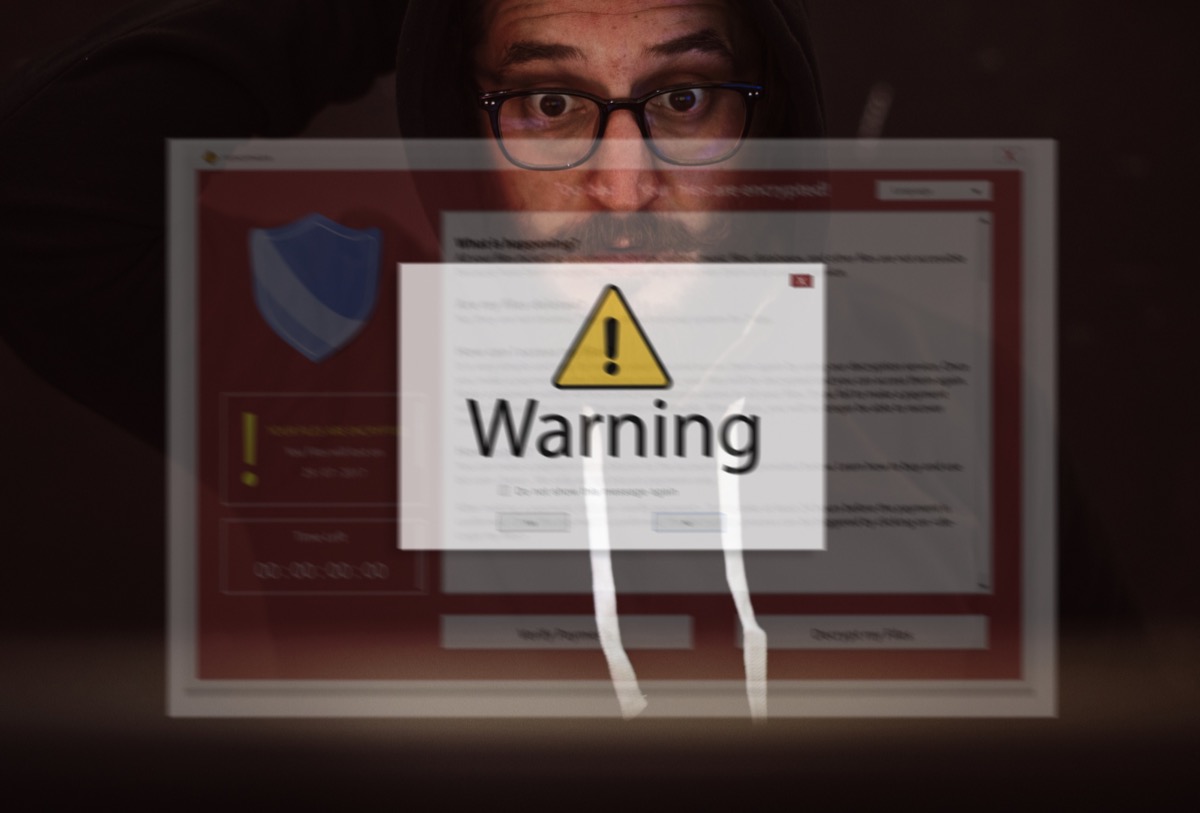The recent decision by the Paris Court of Appeal to block TuKif marks an important step forward in the fight to protect minors on the Internet. This verdict reflects a growing desire to regulate access to content deemed inappropriate, particularly for young users.
But this measure raises several questions about its real impact on the safety of minors and the means to legally circumvent these restrictions.
However, blocking sites alone is not enough. Technologically savvy miners can use tools to circumvent these restrictions, making it more difficult for regulators to enforce them.

The Paris Court of Appeal and the Protection of Minors
In an effort to strengthen protecting minorsthe Paris Court of Appeal has taken a significant decision by ordering the blocking TuKifa pornographic site, as well as other similar sites. This approach aims to compensate for the lack of control over users' age, exposing young Internet users to inappropriate content. The central issue of this decision is not only to limit access to potentially dangerous sites, but also to stimulate a debate on the responsibility of digital platforms and technologies in the current era.
Risks Associated with Pornographic Sites
When it comes to the issue of minors' access to adult content, the psychological and social risks cannot be ignored. Early exposure to such content can have a significant impact on the mental and emotional development of young people. Although the Internet is a vast resource of information, not all of it is suitable for children and teenagers. Consequently, the role of control is crucial to ensuring a secure online environment.
The Blocking Order and its Implications
By order of the French Court of Appeal, Internet Service Providers (ISPs) in France have been instructed to implement DNS blocking. This type of blocking consists in preventing users from connecting to servers hosting undesirable content by redirecting them elsewhere. Such a mechanism, although technically efficientraises questions about the scope of digital regulation and the freedom of access.
Blocking bypass: VPNs as a legal solution
While the decision to block TuKif and similar sites is centered on concerns for the protection of minors, there are legal ways for responsible adults to get around this. blocking. These include the use of a VPN (Virtual Private Network) stands out as a solution of choice.
For adults wishing to access blocked legal content, there are several ways to do so responsibly:
- Using VPNs Virtual Private Networks (VPNs) enable users to bypass geographical restrictions while ensuring confidentiality. Users should, however, check that their VPN use complies with local laws.
- Proxy servers : These tools can provide rapid access, but they sometimes present risks in terms of data security.
- Custom DNS Modifying DNS settings can unblock certain sites. This remains a legal solution as long as the content is intended for adult audiences.
- Education and awareness : It is essential to ensure that access is used in a private setting and not shared with minors.
Constantly evolving regulation
The struggle to protect minors while guaranteeing adults' rights to access certain legal content highlights a major challenge: striking a balance between online security and personal freedom. While the Paris Court of Appeal's decision is a step forward, it also highlights the need for a clear legal framework and educational tools to better supervise the use of new technologies.
Understanding how VPNs work
A VPN acts like a secure tunnel, encrypting data and masking the real identity of online users. It enables them to bypass blocking DNS imposed by connecting their device to servers located in jurisdictions where access to these sites is not restricted. This transforms the digital landscape into a complex arena where security and personal freedom are in constant negotiation.
Ethical and Legal Considerations
Accessing adult sites via a VPN raises ethical and legal concerns. It is necessary to differentiate between circumventing restrictions for legitimate adult use and attempts to undermine efforts to protect minors.
Roles and Responsibilities of Service Providers
Visit Internet service providers play an integral role in the application of DNS blocking measures. It is their responsibility to ensure that legal guidelines are respected, while maintaining the right balance between protection and privacy. digital freedom users. This situation underlines the importance of collaboration between governmental and private entities to ensure a secure Internet while preserving users' rights.
The Need for Digital Education
Faced with the challenges posed by rapidly evolving technology, thedigital education becomes essential. Educating young and adult users about potential dangers, protection strategies and digital responsibilities is a fundamental pillar in creating a resilient and equitable online environment. Education must be aimed at empowerment of users, providing them with the tools to navigate the digital world with discernment.
Final reflection
The Paris Court of Appeal's decision reflects a thorough understanding of digital risks while highlighting the wider implications of online regulation. In taking these steps to block TuKif and similar sites, the emphasis is not only on sterile security but also on a holistic approach encompassing protection, technology and ethics. Workarounds such as VPN offer another aspect of this ongoing conversation about freedom and responsibility on the Internet. Vigilance, adaptability and cooperation between the various players remain key elements in navigating this complex landscape.

